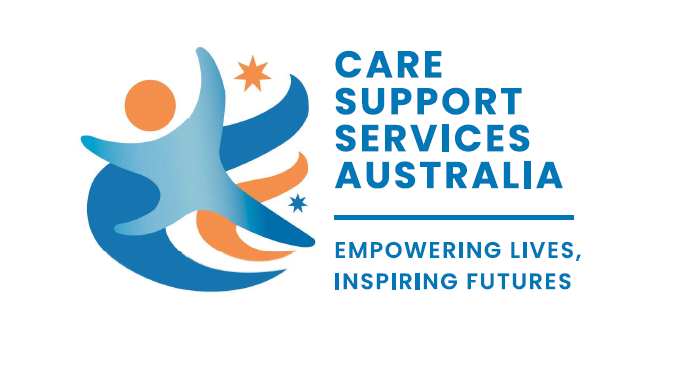
Let's talk about something that often gets swept under the rug - the financial realities of NDIS support. Understanding your funding doesn't have to be overwhelming, and today we're going to break it down in a way that actually makes sense.
Why Money Conversations Matter
When we talk about NDIS funding, we're not just talking about numbers on a page. We're talking about your independence, your goals, and your quality of life. Yet so many participants feel uncomfortable discussing money, or worse, feel like they don't deserve to understand where every dollar goes.
Here's the truth: You have every right to know how your funding works. It's your plan, your life, and your future we're talking about.
Breaking Down the Numbers
NDIS funding can feel like a maze of categories and subcategories. Let's simplify it:
Core Supports
- Daily Activities: This covers personal care, household tasks, and community participation
- Consumables: Think continence aids, low-cost assistive technology
- Social and Community Participation: Getting out and about, building connections
- Transport: Getting to appointments, work, or social activities
Capacity Building
- Support Coordination: Help navigating the NDIS system
- Improved Living Arrangements: Finding and maintaining suitable housing
- Increased Social and Community Participation: Building skills for independence
- Finding and Keeping a Job: Employment support and skill development
"Understanding your funding isn't about becoming an accountant. It's about taking control of your support journey and making informed decisions that align with your goals."
Common Funding Myths Debunked
Myth 1: "I need to spend all my funding or I'll lose it"
Reality: Unspent funds don't automatically disappear. Your plan review will consider your actual needs, not just spending patterns.
Myth 2: "I can't question service provider rates"
Reality: You absolutely can and should understand what you're paying for. Transparency is your right.
Myth 3: "Cheaper is always better"
Reality: Quality support that helps you achieve your goals is an investment, not an expense.
Having the Conversation with Providers
Here are some questions you should feel comfortable asking any service provider:
- "Can you break down your hourly rate and what it includes?"
- "Are there any additional charges I should know about?"
- "How do you ensure I'm getting value for my funding?"
- "What happens if I need to cancel or change appointments?"
- "Can you provide reports on my funding usage?"
Pro Tip
Keep a simple spreadsheet or use an app to track your funding usage. Knowledge is power, and staying informed helps you make better decisions.
Making Your Funding Work Harder
Smart funding management isn't about penny-pinching. It's about maximizing the impact of every dollar to support your goals. Consider:
- Group activities: Often more cost-effective and great for building social connections
- Skill-building programs: Invest in learning that increases your independence long-term
- Preventative supports: Address issues early before they become costly problems
- Technology solutions: Sometimes a one-time tech investment can reduce ongoing support needs
When to Seek Help
You don't have to navigate funding complexities alone. Consider reaching out for help if:
- You're consistently running out of funding before your plan review
- You're not sure if you're being charged correctly
- Your needs have changed significantly
- You want to use your funding more effectively
The Bottom Line
Your NDIS funding is a tool for building the life you want. By understanding how it works and feeling confident in financial conversations, you're taking a crucial step toward true independence.
Remember, at CSSA, we believe in complete transparency about funding. We provide regular reports, clear invoicing, and are always happy to explain our service rates. Because when you understand your funding, you're empowered to make choices that truly serve your goals.

